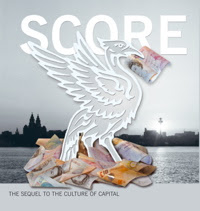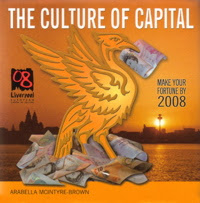
Enterprise is not another word for business. It’s an attitude, a way of approaching life. You can find entrepreneurs in all sorts of places, from retail to politics, from engineering to exploration. They are everywhere, in every country, every social bracket, any age. But trying to define the term entrepreneur is like herding cats – they won’t be corralled. Get one in a box and 99 others will be off at high speed in 99 different directions.
But we are all being urged to become enterprising. Schools are gradually being infected with enthusiasm for enterprise, a.k.a. business studies, and the first series of Dragon’s Den was a surprise hit for BBC2. Venture capital is getting everyone talking – a few years ago most people had never heard the term.
Not everyone is, or wants to be, an entrepreneur; which is fine. Some people are partial entrepreneurs, with some of the characteristics and talent, but not enough to succeed alone: only when they meet up with their counterparts do they – together – become a whole entrepreneur and forge ahead.






